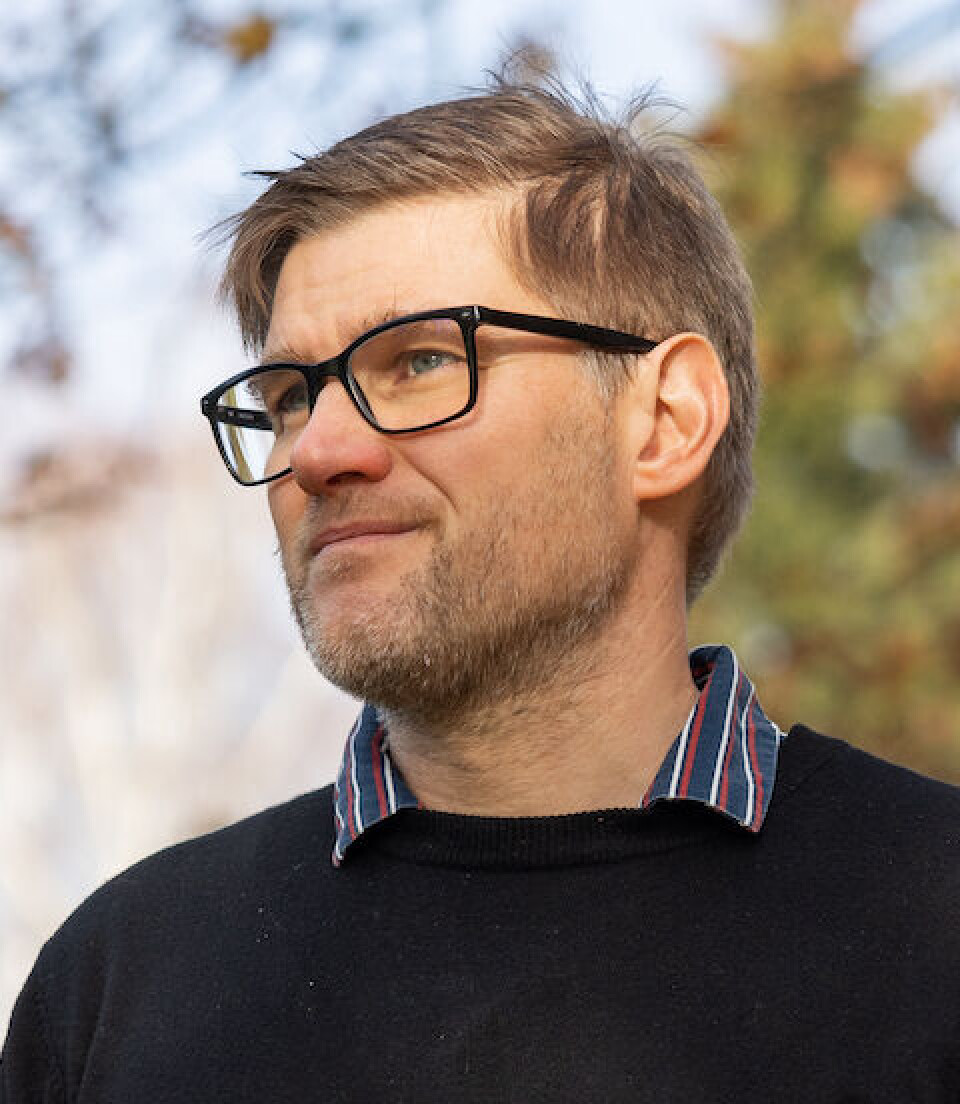THIS ARTICLE/PRESS RELEASE IS PAID FOR AND PRESENTED BY THE University of Agder - read more

We need to talk more openly about how the green transition can lead to more inequality
“A green transition will not be good for everyone,” Professor argues.
If you have been following the climate debate, you are bound to have heard the following arguments:
Everyone agrees that climate change is an urgent problem. We need to act now, or it will be too late. There really is no time for debate – the world is burning.
Does this kind of thinking only contribute to making our problems bigger?
In a new article published in the journal Politiche Sociali, Professor Alexander Ruser at the University of Agder argues for the connection between the green shift in the welfare state and risk of increased polarisation.
Green inequality
"Historically, welfare states have been able to grow because capitalist economies have grown. If capitalist growth becomes a problem, the welfare state has a problem. And that problem is becoming urgent," Ruser says. He is a professor of sociology.
He sees a tension between functional arguments and normative arguments. The first type argues that we must act now and implement a green transition in the welfare state. The second type says that those who disagree are climate deniers, lunatics, or worse.
“Environmental reforms don’t impact everyone equally. Poverty complicates matters like investing in home insulation, shifting to a renewable energy provider, or buying an electric car,” he says.

Ruser believes that we need to talk more openly about how transitioning to a green welfare state can increase inequality in society.
“A green transition will not be good for everyone. If we pretend it’s not true, we are only creating an opportunity for populist politicians to say 'Oh look, they don’t want you to hear about that',” he says.
No alternative
Ruser sees a parallel to the current situation in the Third Way politics of the late 1990s and early 2000s. Often associated with political leaders such as U.S. President Bill Clinton and UK Prime Minister Tony Blair, the approach sought to combine free market economic policies with progressive social policies.
“Margaret Thatcher famously introduced the acronym TINA – There Is No Alternative. That was how Third Way politics were introduced, and that form of thinking is back in the debates about the green welfare state,” Ruser says.
While climate scientists may dictate what needs to be done, implementing the changes will affect people’s lives, and that is where the welfare state comes in.
“We need to remember that we’re not just dealing with abstract policies, but with the lives and livelihoods of real people,” Ruser says.
Pressure cooker
Conflicts around the welfare state are hardly a new phenomenon. Ruser points out how the same debates emerged in the 1990s, with the oil price shocks of the 1970s, and in the years after World War II.
The difference this time is that we are running out of time to resolve the conflicts.
“We’re experiencing these debates in a pressure cooker situation. Unlike before, when we could take our time to come up with the best solutions, we don’t have that luxury when it comes to sustainable transformation. We can’t sit back and think about the solution for 25 years,” he says.
A collective problem
Today’s situation also differs in one other crucial way. The welfare state was traditionally built around collective identities, such as classes or professions. This focus has increasingly shifted to individuals and individual choices.
“On the one hand, this is good because we live in societies that emphasise individual decisions and opportunities. On the other hand, it also risks overlooking structural inequalities. By focusing on individuals, we often fail to recognise collective actors and the issues they face,” Ruser says.
Take for instance people protesting road tolls, and how they are portrayed in the media. Often, they are seen as weird outliers. Only rarely are they portrayed as working-class people experiencing a working-class problem.
“We have to fundamentally rethink the welfare state in times when the original, collective logic is weakened. But there is a contradiction, because with climate change, we all really are in the same boat. Politicians should engage more in these debates,” he says.
Reference:
Alexander Ruser. 'Undeserving and Dangerous: The Construction of Outsiders and the Return of the Third Way in Green Welfare State Debates', Politiche Sociali, 2023. DOI: 10.7389/107139 (Abstract)

This article/press release is paid for and presented by the University of Agder
This content is created by the University of Agder's communication staff, who use this platform to communicate science and share results from research with the public. The University of Agder is one of more than 80 owners of ScienceNorway.no. Read more here.
See more content from the University of Agder:
-
Research paved the way for better maths courses for multicultural student teachers
-
The law protects the students. What about the teachers?
-
This researcher has helped more economics students pass their maths exams
-
There are many cases of fathers and sons both reaching elite level in football. Why is that?
-
How we used plants to protect ourselves from evil
-
What is it like for nurses to promote health behind bars?




































